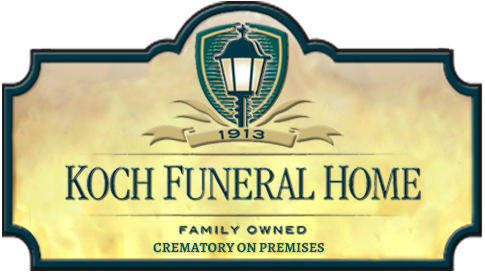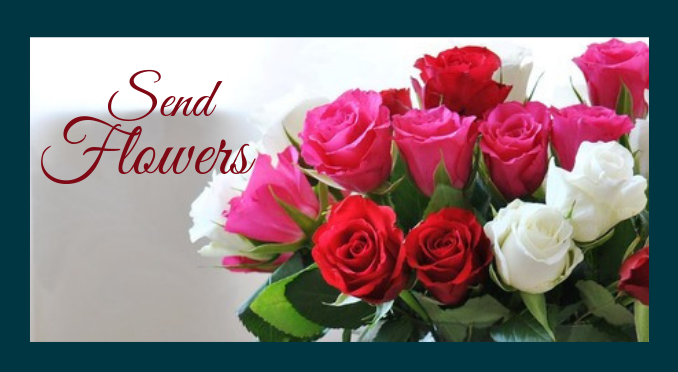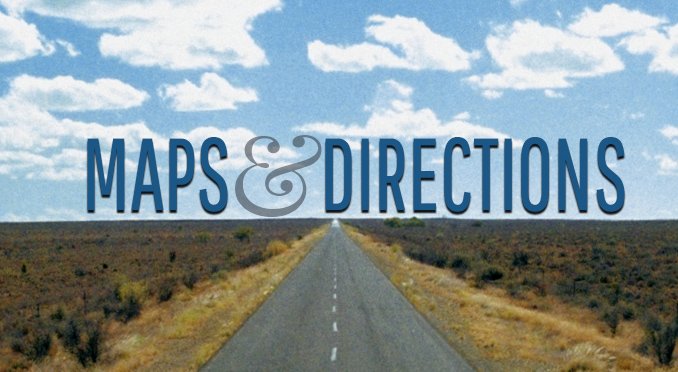2022 - August - Gazette - Open to Moments and Transitions
Open to Moments and Transitions
I read somewhere that it wasn’t a matter of if you got COVID, it was simply a matter of when. Well, I recently had my turn. As a result, I had to cancel gatherings and find a substitute to facilitate services I was scheduled to perform. Because I appreciate my work of companioning people on their death and grief journeys, I was sad about making these changes. Opening to the moments of bedside vigils, funeral and memorial services, and grief support gatherings is meaningful work to me. However, opening to illness and forced time off, not so much.
Opening to illness might seem like an odd way to describe being sick. I do my best to maintain my health – I even have a master’s degree in wellness – so why would I or anyone want to be open to illness? Because sometimes illness and injury happen despite our best efforts, so my belief is, open to it and see if it has anything to teach or gift us.
My natural reaction to illness is to get into a defensive mode and try to protect myself. But that feels like it takes extra energy. Instead, if I choose to get into an open mode, my body relaxes and does what it needs to do -- very often sleep. And with the forced time off, more sleep is possible.
Our hands are a good reminder of the power of opening. When we hold onto something tightly it takes work and effort, and while squeezing we can’t receive anything. But if we open our hands, it takes very little energy and there is space to welcome things. When we open to illness and forced time off, our bodies can relax and allow healing to occur and we can look for gifts along the way.
I found several gifts on my COVID journey. One is that as a culture we now encourage each other to stay home when we’re sick, to rest and to not rush back to a full schedule. Prior to 2020, it felt like the expectation was to medicate ourselves with pills and prescriptions so we could keep powering through our schedules. Today, even airlines allow us to cancel without asking questions.
The second is that the grief and loss community is full of abundant compassion. I often tell people that loss transforms us, and even though we’d rather have our loved ones back, one day we might feel gratitude for some of that transformation. At a minimum, the transformation will help us be more compassionate – feeling the pain of loss ourselves helps us feel more compassionate for pain others experience.
I see this in action every day as I spend time with others around death and grief. These people show such compassion and understanding for one another. In our support gatherings, I’ve watched beautiful friendships develop and lead to friends living together, traveling together, and caring for one another during life’s challenges.
During my COVID experience, I was a recipient of this deep compassion too. I received understanding for my need to cancel, generous offers to step in and help and encouragement to be gentle with myself and listen to my body. This compassion helped nourish me physically, emotionally, cognitively and spiritually – in some strange way, it felt like the COVID virus had attacked all of these dimensions.
A third gift is that new connections were made. When I pulled myself out and someone else kindly stepped in for some of my commitments, additional relationships were made and everyone’s community of support grew.
And fourth is that I was reminded that life isn’t about me. Franciscan monk, Richard Rohr, has several messages he believes are important for males experiencing initiation into adulthood. One that sticks with me is, Life isn’t about me, but I’m about Life. Although I’m not on a male initiation process, I find this message a good reminder. I can get caught up in my life’s to-do list and think I have control over way more than I do. I forget to open and let Life flow through me.
Opening to the moments and transitions of my brief journey with COVID is not at all on the same level as someone opening to losing a loved one. However, we each experience all kinds of loss every day and the more we open to the small ones, the more it prepares us for the big ones.
To read more about opening to loss and transitions, please visit the Koch Funeral Home blogs, Facebook page @kochFH and Instagram page kochfuneralhome. In addition, you are invited to the following gatherings.
- Monday’s Moments Virtual Gatherings on Monday, September 12 from 12:00 to 1:30 p.m.
- Virtual Grief Healing Circles on Wednesday, September 14 from 6:00 to 7:00 p.m.
- Death Café Virtual Gathering on Monday, September 19 from 4:30 to 5:30 p.m.
- Monday’s Moments at Millbrook Marsh, September 26 from 12:00 to 1:30 p.m. at Millbrook Marsh Nature Center, 548 Puddintown Rd, State College.
- A Walk with Grief on Tuesdays, September 27 through October 25 from 8:00 to 9:00 a.m. at various CRPR parks.
For more information, please visit the Bereavement Gatherings and Events page on the Koch Funeral Home website. To reserve your spot and receive the invitation links, email Jackie@JackieHook.com, call 814-237-2712 or visit the Koch Funeral Home Facebook page @kochFH. If there are changes to our in-person gatherings because of COVID, we will provide updates on the website.
Jackie Naginey Hook, MA, is a spiritual director, celebrant and end-of-life doula. She coordinates the Helping Grieving Hearts Heal program through Koch Funeral Home in State College. For more information, please call 814-237-2712 or visit www.kochfuneralhome.com.







Comments